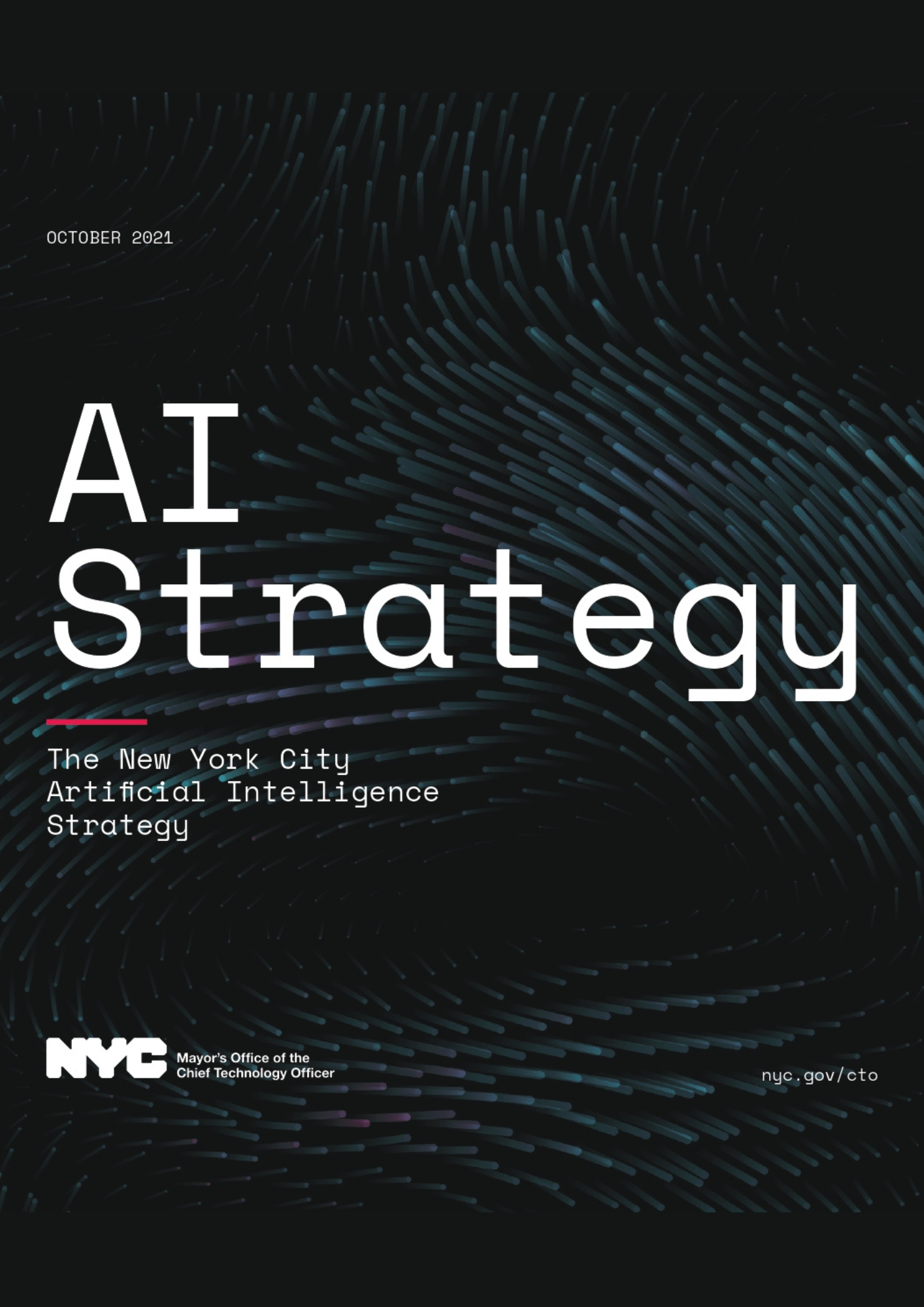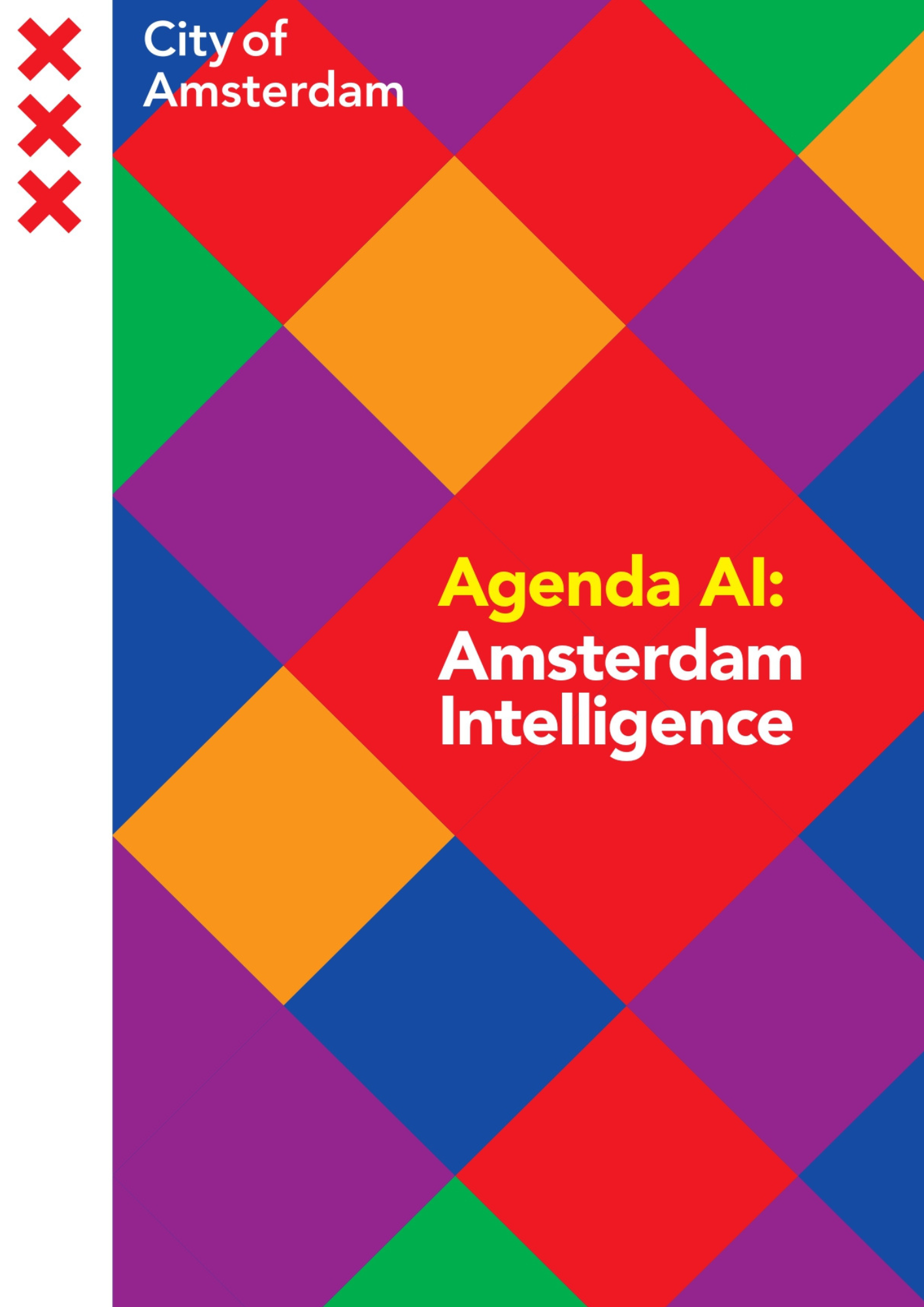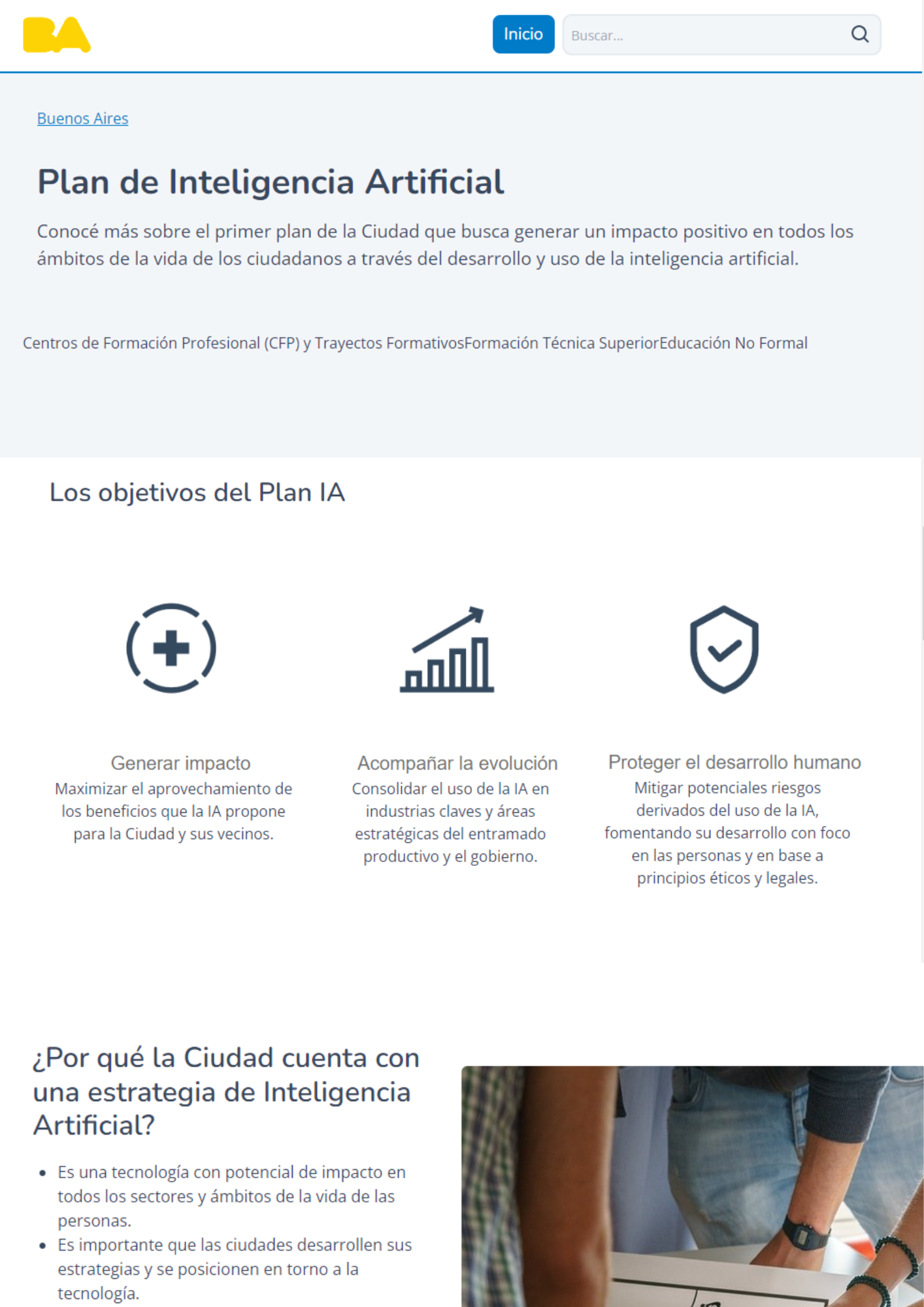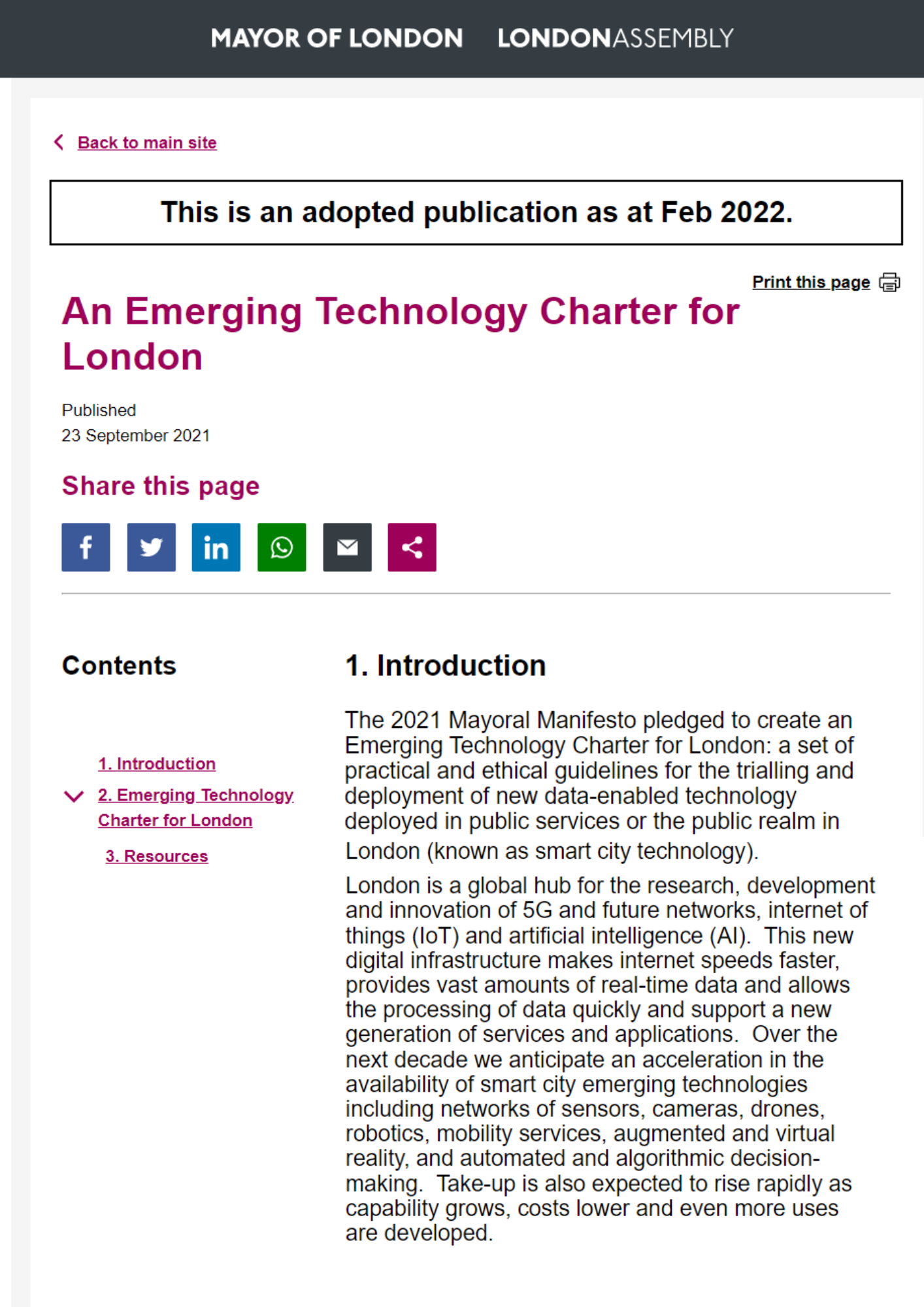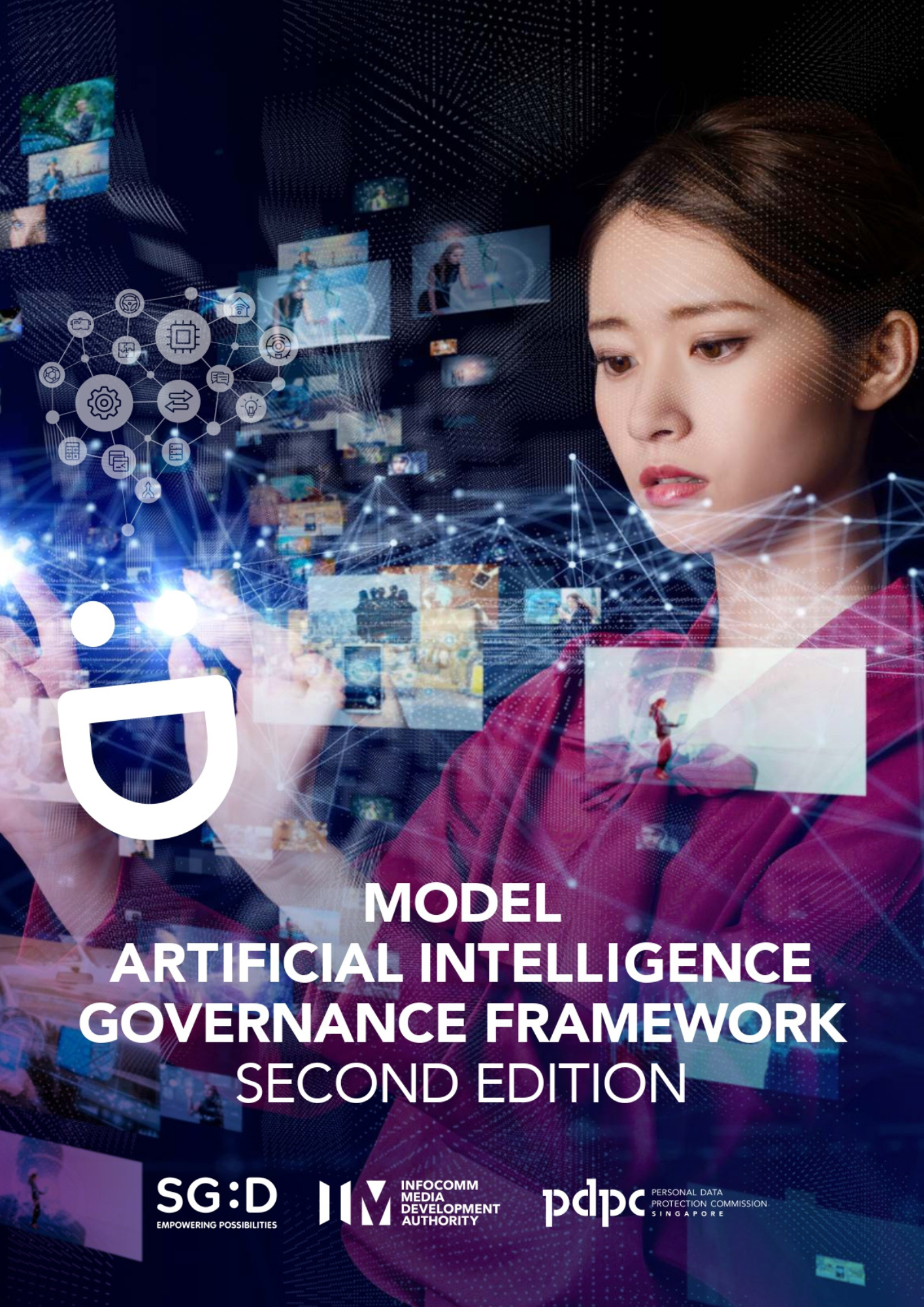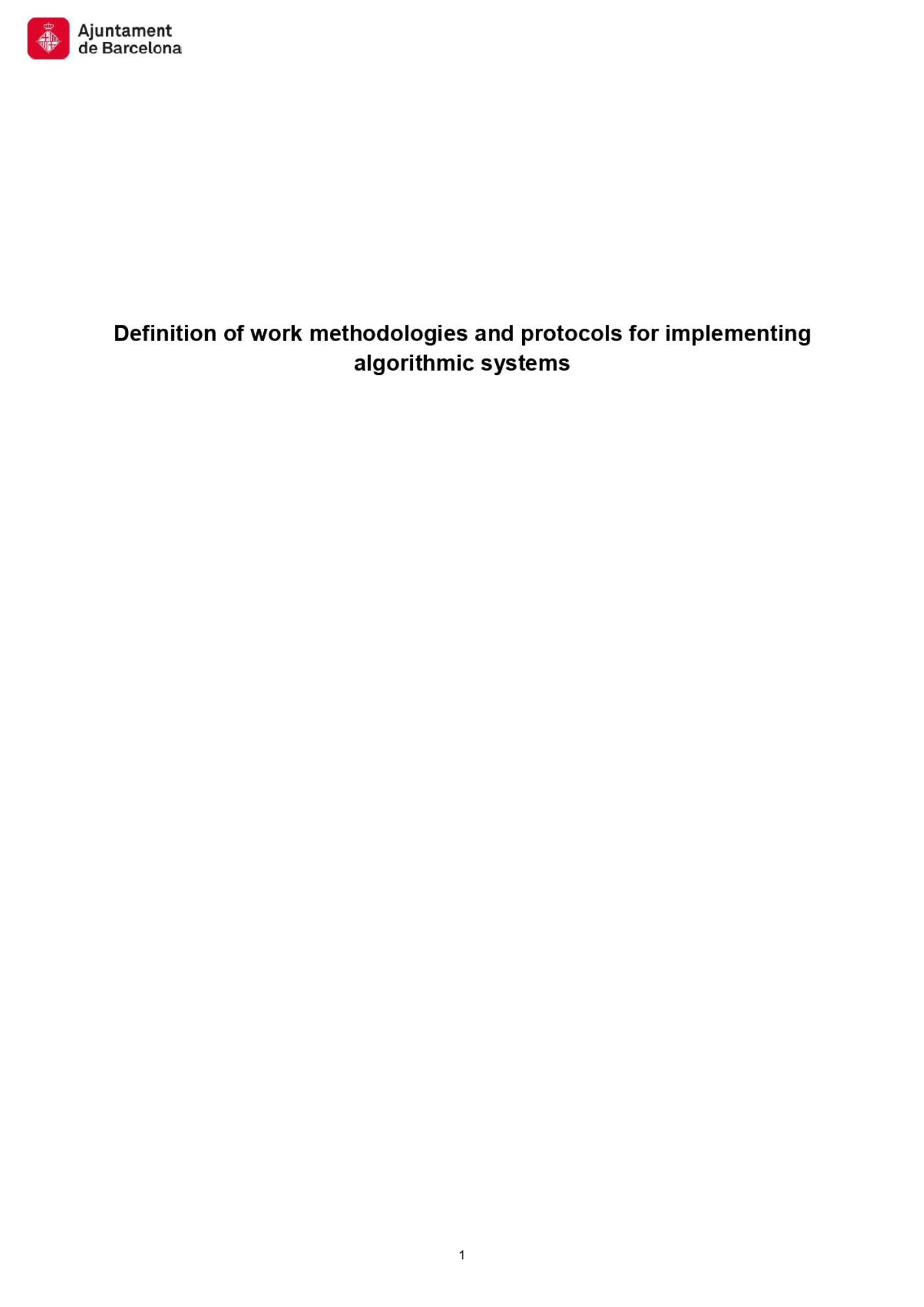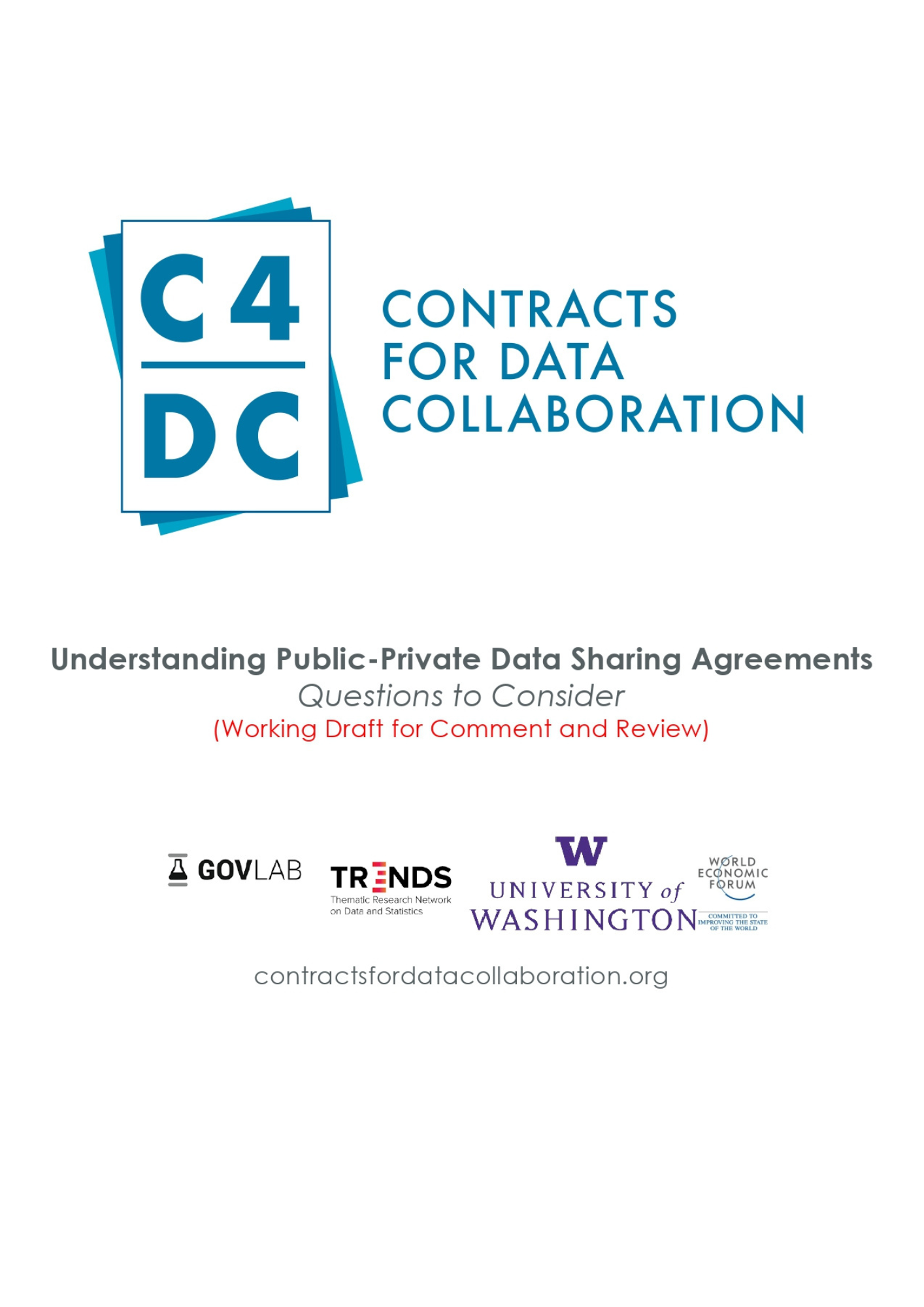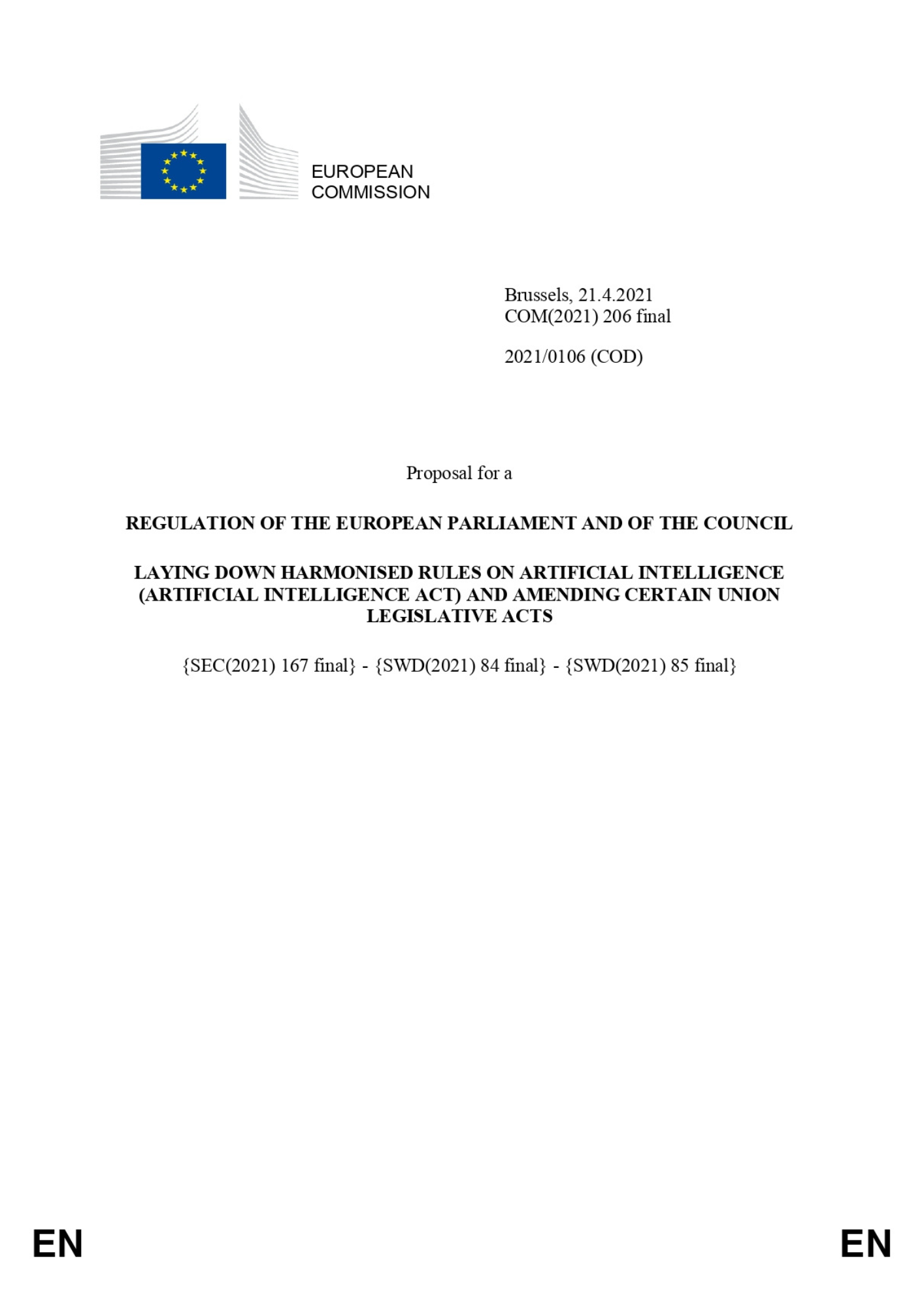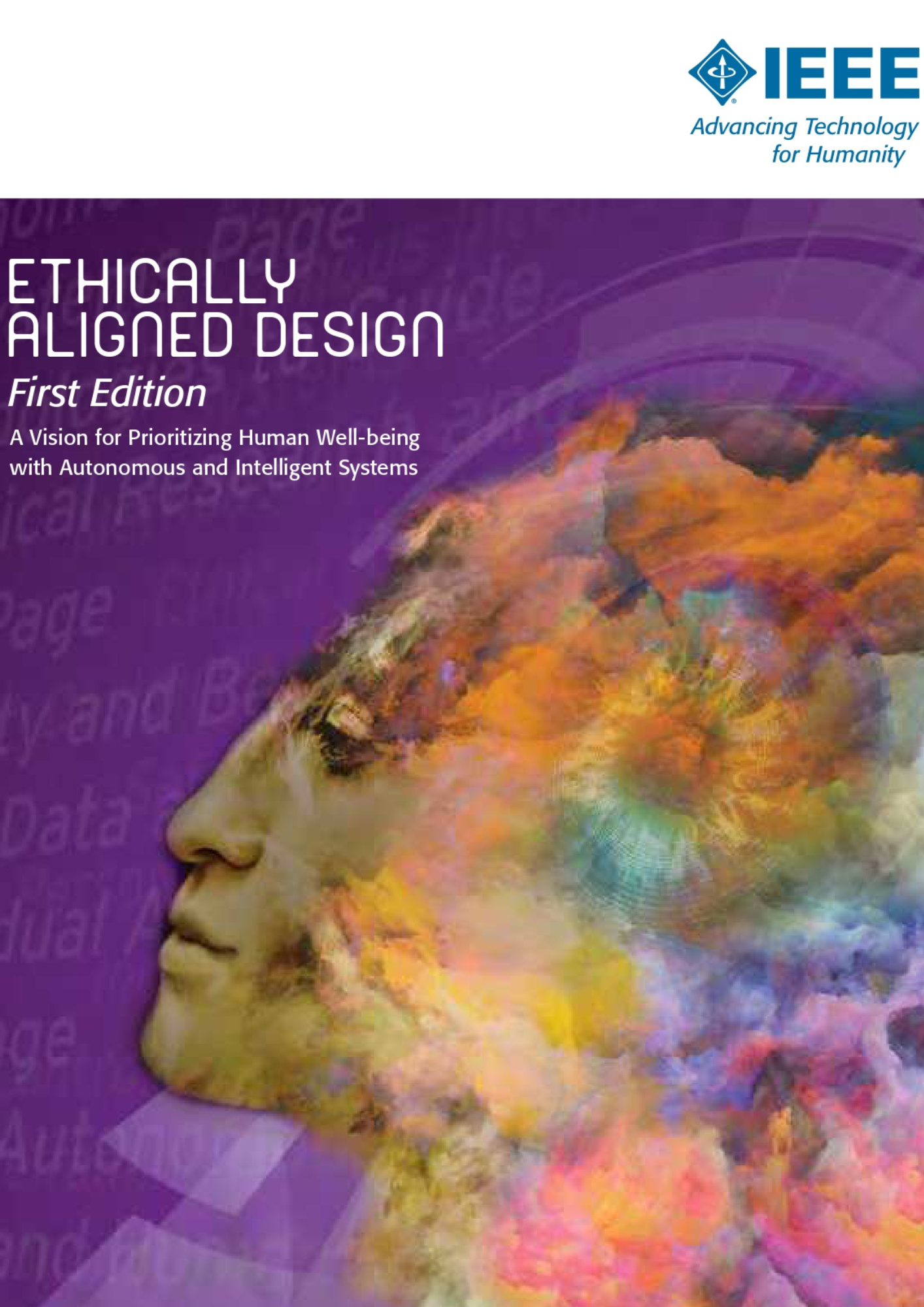NYC’s AI Strategy
The NYC AI Strategy is a foundational effort to foster a healthy cross-sector AI ecosystem in New York City. The document establishes a baseline of information about AI to help ensure decision-makers are working from an accurate and shared understanding of the technology and the issues it presents, outlines key components and characteristics of the local AI ecosystem today, and frames a set of areas of opportunity for City action. In addition it contains the NYC AI Premier: a document that establishing a clear understanding of what AI is, how it works, and key practical and ethical considerations around its use.
